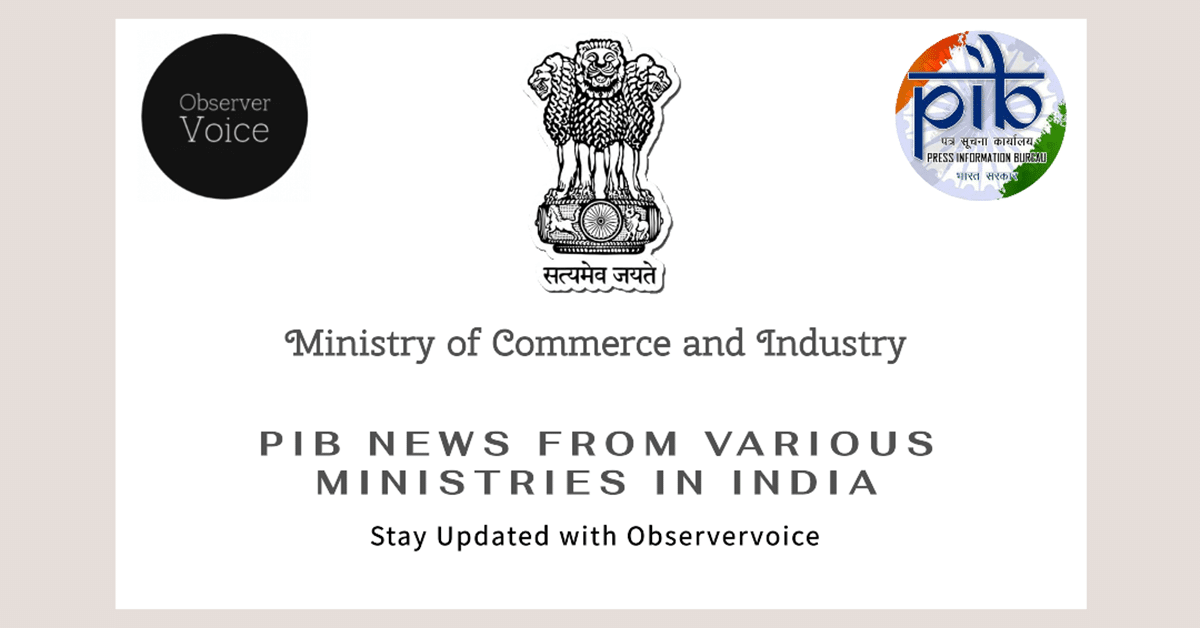Women-Owned MSMEs: A State-by-State Analysis

The landscape of women-owned Micro, Small, and Medium Enterprises (MSMEs) in India is evolving. As of November 2024, a comprehensive report highlights the number of women-owned MSMEs across various states and Union Territories (UTs). This data sheds light on the significant contributions of women entrepreneurs to the economy. The report, covering the period from July 1, 2020, to November 30, 2024, reveals both the total number of women-owned MSMEs and their respective percentages in each state. Understanding these figures is crucial for policymakers, stakeholders, and aspiring entrepreneurs.
Overview of Women-Owned MSMEs in India
The report indicates that there are a total of 22,073,675 women-owned MSMEs in India, representing approximately 40% of all registered MSMEs. This statistic underscores the vital role women play in the entrepreneurial ecosystem. The data is collected from various states and UTs, providing a clear picture of women’s participation in business across the country.
States like Andhra Pradesh and Bihar stand out with significant numbers of women-owned MSMEs. Andhra Pradesh leads with 1,332,126 enterprises, accounting for 53% of the total MSMEs in the state. Bihar follows closely with 1,525,287 women-owned MSMEs, representing 50% of its total MSMEs. These figures illustrate the potential of women entrepreneurs in driving economic growth and job creation.
Conversely, some states show lower percentages of women-owned MSMEs. For instance, Chandigarh has only 24% of its MSMEs owned by women, while Himachal Pradesh has 22%. These disparities highlight the need for targeted initiatives to support women entrepreneurs in regions where their representation is lacking.
Regional Insights: High Performers and Areas for Improvement
The report reveals notable regional variations in the percentage of women-owned MSMEs. States like Mizoram and Tripura exhibit impressive figures, with women owning 60% and 66% of MSMEs, respectively. These high percentages suggest a supportive environment for women entrepreneurs, possibly due to favorable government policies or cultural factors that encourage female participation in business.
In contrast, states such as Haryana and Jammu and Kashmir show lower percentages, with women owning 27% and 23% of MSMEs, respectively. This indicates potential barriers that women may face in these regions, such as lack of access to funding, mentorship, or training programs. Addressing these challenges is essential for fostering a more inclusive entrepreneurial landscape.
Moreover, the data indicates that some states have a high number of women-owned MSMEs but a lower percentage compared to their total MSME count. For example, Gujarat has 912,052 women-owned MSMEs, which is 28% of its total. This suggests that while many women are starting businesses, there is still room for growth in terms of overall representation.
The Role of Government and Policy Initiatives
Government initiatives play a crucial role in promoting women entrepreneurship. Various schemes and programs aim to provide financial assistance, training, and resources to women entrepreneurs. For instance, the Ministry of Micro, Small, and Medium Enterprises has launched several initiatives to empower women in business. These include financial support through loans and grants, as well as skill development programs tailored for women.
Additionally, state governments are increasingly recognizing the importance of women-owned businesses. Many states have introduced policies that specifically target women entrepreneurs, offering incentives such as reduced registration fees and access to exclusive funding opportunities. These efforts are vital in creating a conducive environment for women to thrive in the business world.
However, more needs to be done. Continuous monitoring and evaluation of these initiatives are essential to ensure they effectively address the unique challenges faced by women entrepreneurs. Furthermore, collaboration between government, private sector, and civil society can enhance the impact of these programs, leading to a more robust ecosystem for women-owned MSMEs.
Observer Voice is the one stop site for National, International news, Sports, Editor’s Choice, Art/culture contents, Quotes and much more. We also cover historical contents. Historical contents includes World History, Indian History, and what happened today. The website also covers Entertainment across the India and World.

